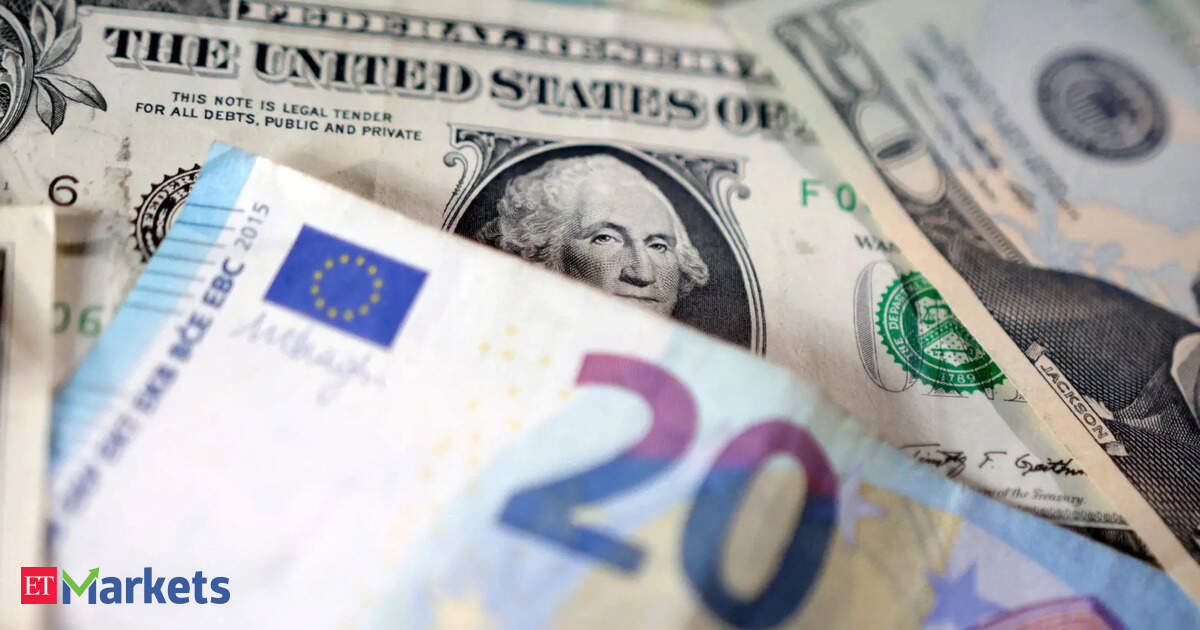The European Union and the U.S. are moving towards a trade agreement that could include a 15% U.S. baseline tariff on EU goods and possible exemptions, two European diplomats said on Wednesday.
That came on the heels of Washington’s trade deal with Tokyo that lowers tariffs on auto imports and spares the latter from punishing new levies on other goods in exchange for a $550 billion package of U.S.-bound investment and loans.
Global markets took to the latest developments positively, as risk assets rallied and investors sold the U.S. dollar.
The risk-sensitive Australian dollar rose to an eight-month high of $0.6604 early on Thursday.
The euro steadied at $1.1768, hovering near a high of $1.1830 it hit earlier this month, which marked its strongest level in more than three years. “These trade frameworks agreed between the U.S. and the major economies are definitely positive for risk sentiment,” said Carol Kong, a currency strategist at Commonwealth Bank of Australia. “We actually anticipated a risk of the U.S. and the European Union getting into retaliation mode … but that risk of a retaliation seems to have dissipated.”
Against the yen, the dollar dipped 0.03% to 146.38, extending its fall against the Japanese currency to a fourth straight session.
While news of Japan’s trade deal has lit a fire under domestic stocks, gains in the yen have been capped by lingering political uncertainty at home.
Japanese Prime Minister Shigeru Ishiba denied on Wednesday he had decided to quit after a source and media reports said he planned to announce his resignation to take responsibility for a bruising upper house election defeat.
“In the near term, the yen will still face headwinds from ongoing political uncertainty. We still don’t know what Prime Minister Ishiba will do … so I think there is still some uncertainty with regard to the fiscal outlook in Japan and Bank of Japan policy,” said Kong.
Elsewhere, sterling was firm at $1.3582, after having gained 0.36% in the previous session.
The dollar index was last little changed at 97.21, while the New Zealand dollar dipped 0.01% to $0.6046.
Trade negotiations aside, markets will also be focused on a rate decision from the European Central Bank later in the day.
Expectations are for policymakers to stand pat on rates, though markets will look out for what they say regarding the outlook for monetary policy. Investors generally expect one more ECB rate cut by the end of the year, most likely in December.




